Kenya offers everything one could want when going to Africa. World-class safari destinations, incredible beaches, vibrant cities and warm and inviting people. Bordering Uganda, Tanzania, Somalia, Ethiopia, and the Indian Ocean, Kenya is one of the largest countries in Africa. Sometime around 3,200 B.C.E people started migrating to the Kenya area from present-day Sudan and according to archeological findings, these people were known as the Cushite’s though further evidence shows people lived in the area since the Pleistocene epoch. These pastoral people inhabited the lands and it was only until the 1500s when they first made contact with Europeans. Although it was the Portuguese who made first contact with the people here, it wasn’t until the latter half of the 19th century that the British Empire established a colonial stronghold not only along the coast but inland towards the interior as well. The country went from a British protectorate in 1895 to the established Kenyan Colony in 1920 but it was only until the 1960s that Kenya declared itself independent.
Kenya today is the economic powerhouse of East Africa with a growing middle-class and although the various tribes and ethnicities that make up the country are diverse, since the period of colonization’s, all Kenyans share the concept of unity in “Uhuru” – freedom. Kenyans are incredibly proud of their country and the future it holds. If you’re going to visit, here are some of the best things to do in Kenya.
Head to the Maasai Mara National Reserve
Rated as one of Africa’s most magnificent game reserves, the Maasai Mara National Reserve is the Kenyan part of the Serengeti which extends further south into neighboring Tanzania. A lot of the landscape and traditions of the Maasai people extend into both countries and the wildlife corridor also extends into both Tanzania and Kenya. Named after the Massai people who inhabited and continue to inhabit the lands for centuries, the Maasai people live in the park, graze their animals, and essentially live off the land.
The park is well-known for its great migration of animals when thousands of wildebeests, zebras, gazelle, and others travel to and from the Serengeti from the months of July to October. The Mara River which starts in Lake Victoria and travels through both Kenya and Tanzania is where you’ll find hippos and crocodiles while in the dry months (December through February) is prime sightseeing months for large predators such as lions, cheetahs, and leopards.
If you’re looking for a place to stay in the wild, there are several tour operators and businesses catering to Safari stays where you’ll be able to stay in a luxury tent or similar accommodation out in the bush. We stayed with Fisi Camp and had an incredible time seeing the Big 5 and getting to know the local Maasi people.
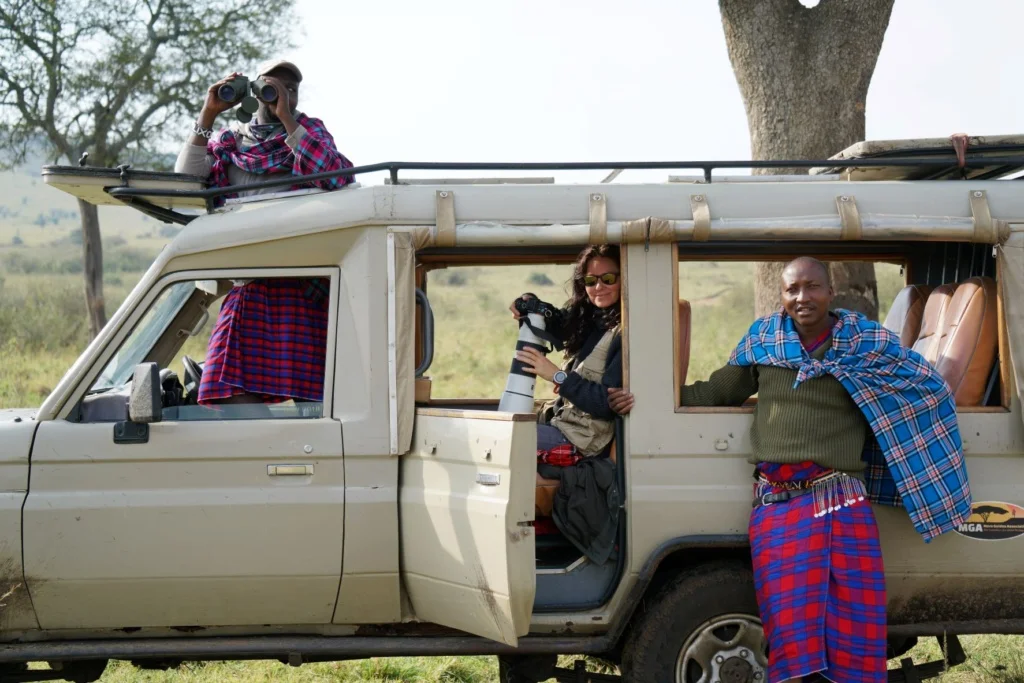
Kati in Kenya while on Safari
Conquer a Mountain
For the most intrepid of explorers, Mount Kilimanjaro is the ultimate mountain in Africa but if you’re looking to climb a mountain that’s a little less on the tourist radar, Mount Kenya is for you. Mount Kenya is the second-largest mountain on the continent but it is far less explored than its snowy counterpart next door. Towering at over 17,000 feet in the air, Mount Kenya has three paths up to the summit that usually spans at least five days to get to the top (four nights of which are spent sleeping on the mountain). Naturally, guided trips are available and it’s probably not wise to head up there solo. Climbing Mount Kenya is obviously not for the faint of heart but it is an experience unlike any other.
If you are not into climbing Mount Kilimanjaro, head to Amboseli National Park. You can get incredible photographs of Kilimanjaro while seeking out the Big 5 on your safari.
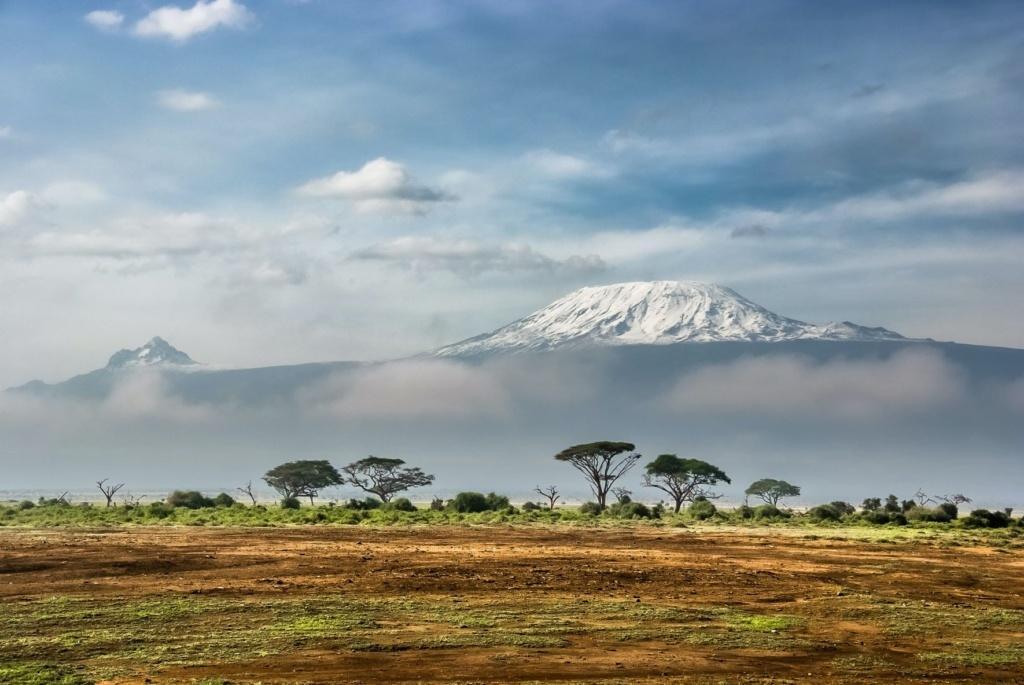
If you do not want to climb it at least head to Amboseli National Park for some great photography and wildlife.
Check out Lamu Island and its four-legged locals
The little island of Lamu just off the coast near Mombasa might be small but it absolutely oozes old-world charm. Lamu Old Town is about 7000 years old and is one of the oldest continually inhabited settlements in Kenya and is also a UNESCO World Heritage Site. Taking a stroll through the town and doing a little sightseeing is a must and it’s like taking a step back through time with its labyrinth street, narrow alleyways, hidden courtyards, and rooftop patios. Walking through the town, you’ll notice the island’s history through its architecture. Designs and styles feature an eclectic mix of the Arab world, the European, and Indian with all topped with discernible Swahili motifs.
The island was an important trading hub for those going along the coast of Africa out towards India and Asia and because the streets and the city were designed before the invention of cars, the streets are too narrow for vehicles. Getting around by car is impossible so donkeys are the transportation option of choice around here. More than 6,000 donkeys live on the island and they’re used for transporting everything from goods to people. Donkeys are so revered on the island that every year a donkey race down to the town’s beach is held every year and the largest non-profit on the island is a donkey sanctuary. The sanctuary also happens to own one of two cars on the island, which is an ambulance specifically for donkeys.
If donkeys don’t do it for you. Fort Lamu is another interesting stop on the island, or you can simply bask on the island’s white sand beach and enjoy an Arabic coffee. If you plan on visiting, be aware that most of the island is Muslim, and more conservative attire is followed.
Have a beach day in Malindi
The Kenyan coast is home to some of Africa’s best beaches. Azure waters and white sand are found throughout the coast and one of the best places in the country to explore the coast is none other than Malindi. Located just north of Mombasa, Malindi is both a historic coastal town and a modern resort spot. Beachside hotels and tourist hubs sit next to old historic buildings and landmarks due in part to the town’s rich maritime trading history. Because of this, the area has become a melting pot of cultures and cuisines.
Travelers from Europe and all around Africa hit up Malindi’s beaches to lounge on the soft white sand and dive off the coral reefs. If you’re traveling on a budget, there’s no better way to spend a day than hanging out on the beach. Nearby Watamu Marine National Park is also a great opportunity to learn about coastal wildlife and or dive into the waters and check out all the fish and aquatic lifeforms living in the coral reefs off the Kenyan coast. If you’re not in the mood for the beach check out the town of Malindi and soak up some local history. The town dates back to the 12th century and is full of Swahili history and cultural landmarks such as the 14th century Jami Mosque or the Saint Francis Xavier Church, one of the oldest churches in Africa. The nearby promontory has the Vasco de Gama cross which is one of the oldest standing monuments in Africa.
If you’re looking to explore inland a bit further, about 19 miles away is the Marafa Depression, locally known as Hell’s Gate.
Camp in, or cycle through the gates of Hell
It turns out this version of Hell is really quite scenic. Hell’s Gate National Park is home to a geological wonder known as the Marafa Depression. The massive sandstone ridge is what is left behind after millennia of wind, rain, and flood becoming vibrantly tinted rock layers and jagged gorges of red, pink, white, and orange hues. The locals call it “Nyari” meaning “the place broken by itself” but the kaleidoscope of crimson, yellow, and orange give it its “hellish” nickname.
Hell’s Gate National Park is one of the few national parks in the country that allow camping. Exploring the park by foot or bicycle is also a popular option with bike rentals available or hiking and mountain climbing treks also a popular choice for travelers through hell. The biggest reason why camping and biking are allowed here is that the park lacks any serious or dangerous predatory animals. The land has been a historic home of the Maasai people and located within the park is the Oloor Karia Maasai Cultural Centre where Maasai cultural exhibits such as dancing, singing, and jewelry-making demonstrations are available.
By the way, Hell’s Gate is said to be the real life inspiration for the Disney movie The Lion King.
Nairobi
With a population of over 3 million people, Nairobi is the capital and the largest city in Kenya. The word “Nairobi” comes from the Maasai word for “swamp” or “water hole”. The city was founded in 1899 as a railway camp for the Uganda Railway and while Mombasa was the capital originally, Nairobi overtook it as it became the capital for the British East Africa Protectorate. Having a railroad system in place, by 1905 the city grew and became the center for tourists hunting or on safari. Now the capital is home to Africa’s hottest nightlife, burgeoning culinary scene, and history.
Check out the prawns at the Karen Blixen Coffee Garden Restaurant. They are Kati’s favorite.
Ride the Nairobi-Mombasa train
The railway that essentially made Nairobi the African powerhouse it is today is still functioning as a sort of living history. It was dubbed “the lunatic express” when it was being built because nobody thought it was a good idea to build a railway through the African bush. And perhaps it wasn’t. The project was quite an undertaking even before it was built. Crossing a terrain ripe with mosquitos, lions, and no water presented obvious problems but even when construction began local tribes tried to resist it being built but in colonial fashion, rebellious natives were quickly dealt with. While most of the workers who built it came from British India, the final death toll of the workers was 2,500 which is about 4 dead for each mile of track. The workers that stayed behind, created the first community of Indians in Kenya.
The railroad helped build the country and the line continues to operate even after over 100 years. In 2015 a 2-billion dollar operation to modernize the rail came to fruition and trips to Mombasa from Nairobi run at five hours with daily departures.
Hang out with Giraffes at Giraffe Manor
The Rothschild Giraffe is one of the most endangered species of giraffe in the world with the only ones left being located in Uganda and Kenya. To combat the problem a 140-acre plot of land was bought outside of the city to increase the giraffe population except now the owners needed a place to live. The ivy-covered brick mansion in the middle of the property was to be their home but after living there for some time they decided to turn their mansion into a luxury hotel and dining experience.
Every morning the giraffes stick their heads in the large windows of the hotel and check out what’s going on with the guests inside. Either sticking their necks down in the lower rooms or stretching up to check out the upper floors. They might slurp up whatever is on your plate then go about their day. Or simply just stick their neck in and see what’s happening with guests. The giraffes have unrestricted roaming rights, so really, you’re on their property anyways.
We actually have not done this due to the cost of the Giraffe Manor, but there is a Giraffe Sanctuary near by that you can visit and have a wonderful time.
Our Final Word
Kenya gives you everything. Safaris, beaches, world-class cities, history and culture. We love the country and the people and will go back time and time again.
1 Comment
Submit a Comment
Related Posts
Discovering Kenya’s Natural Wonders: An Epic Safari Itinerary
Embark on a thrilling adventure through Kenya’s breathtaking landscapes and encounter its magnificent wildlife. From the vast plains of the Maasai Mara to the stunning peaks of Mount Kenya, this epic safari itinerary will immerse you in the wonders of nature. Get ready to witness the circle of life unfold before your eyes.
Exploring the Untouched Beauty: 5 Must-Do Activities in Uganda
Embark on a Ugandan adventure and witness the raw beauty of its landscapes. Trek through misty jungles to observe mountain gorillas, cruise the Nile at Murchison Falls, spot tree-climbing lions in Queen Elizabeth Park, marvel at Lake Bunyonyi’s serenity, and hike the snow-capped Rwenzori Mountains. Uganda’s untouched splendor awaits your discovery.
The Human Connection: Why We Should Care About People We Meet on Our Travels
“The Human Connection” explores the profound impact of human interactions during travels. It emphasizes the importance of embracing local cultures, understanding diverse perspectives, and forming meaningful connections. This post encourages readers to see beyond tourist spots and delve deeper into the heart of the places they visit, through the people they meet.

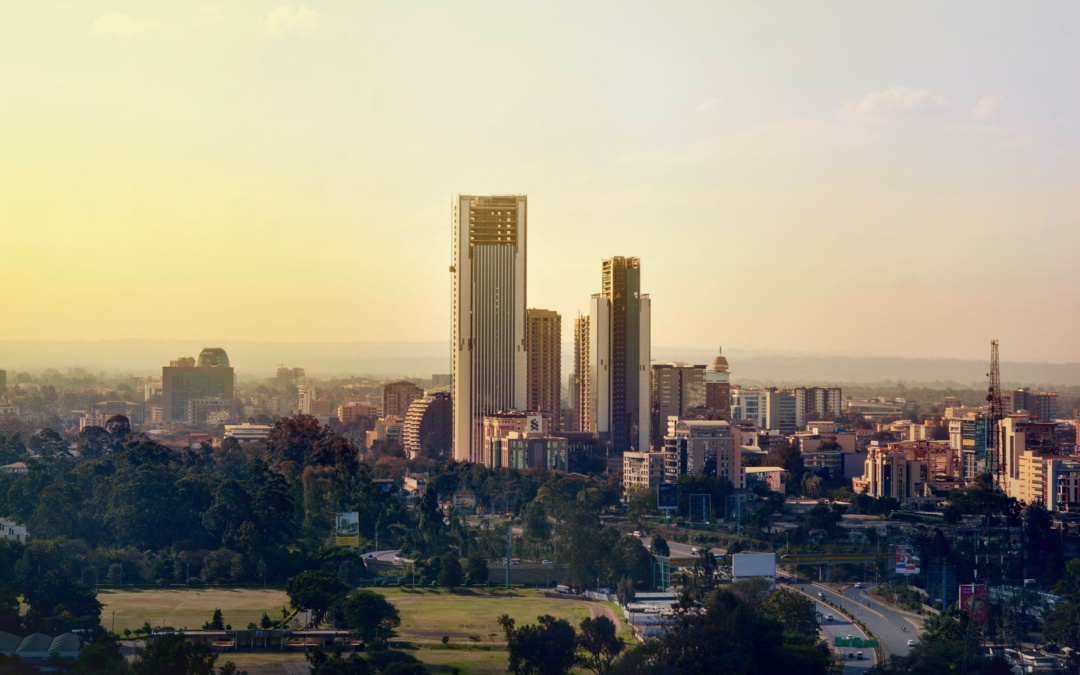
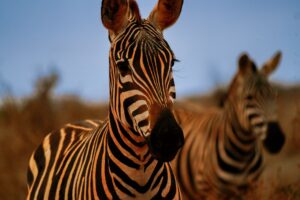
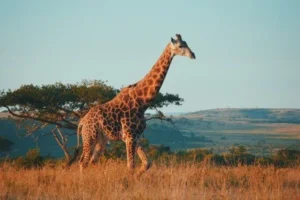
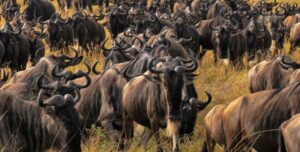
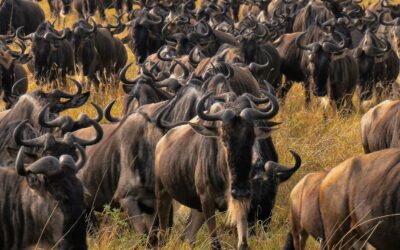
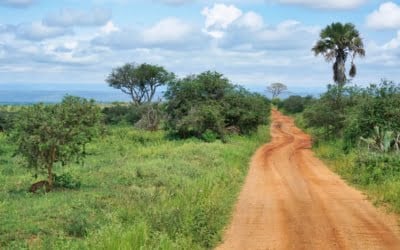
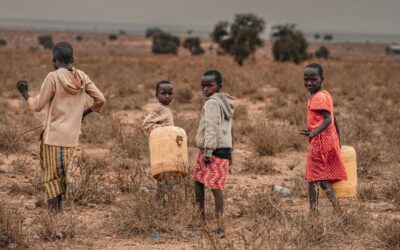
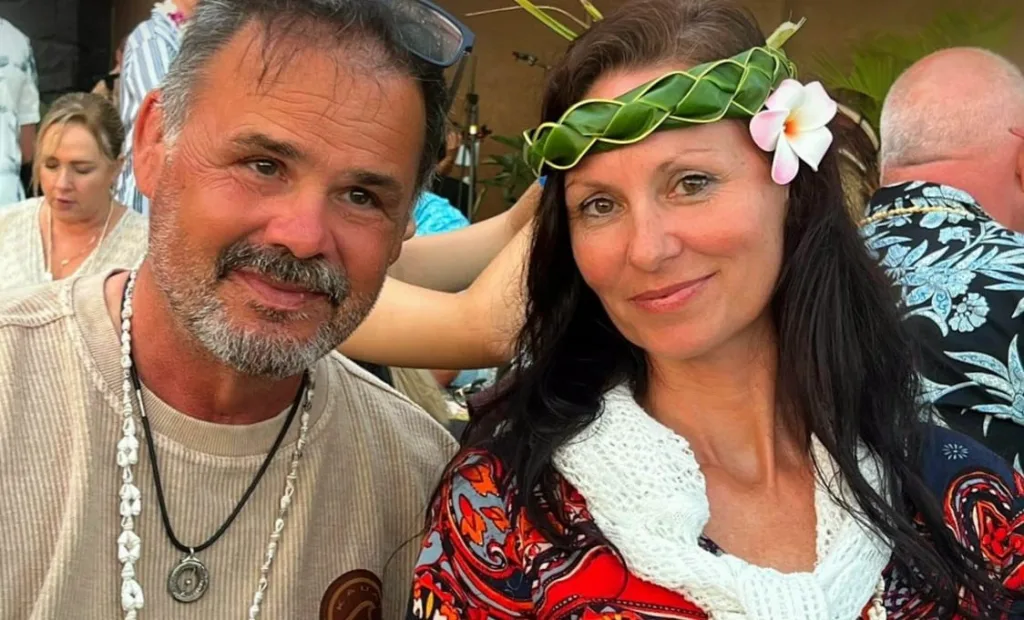


Many just knew Kenya only when it comes to athletes but with the help of this information provided by you guys. The world will also know these hidden aspect of the country through your blog. Great work and thanks for Sharing.